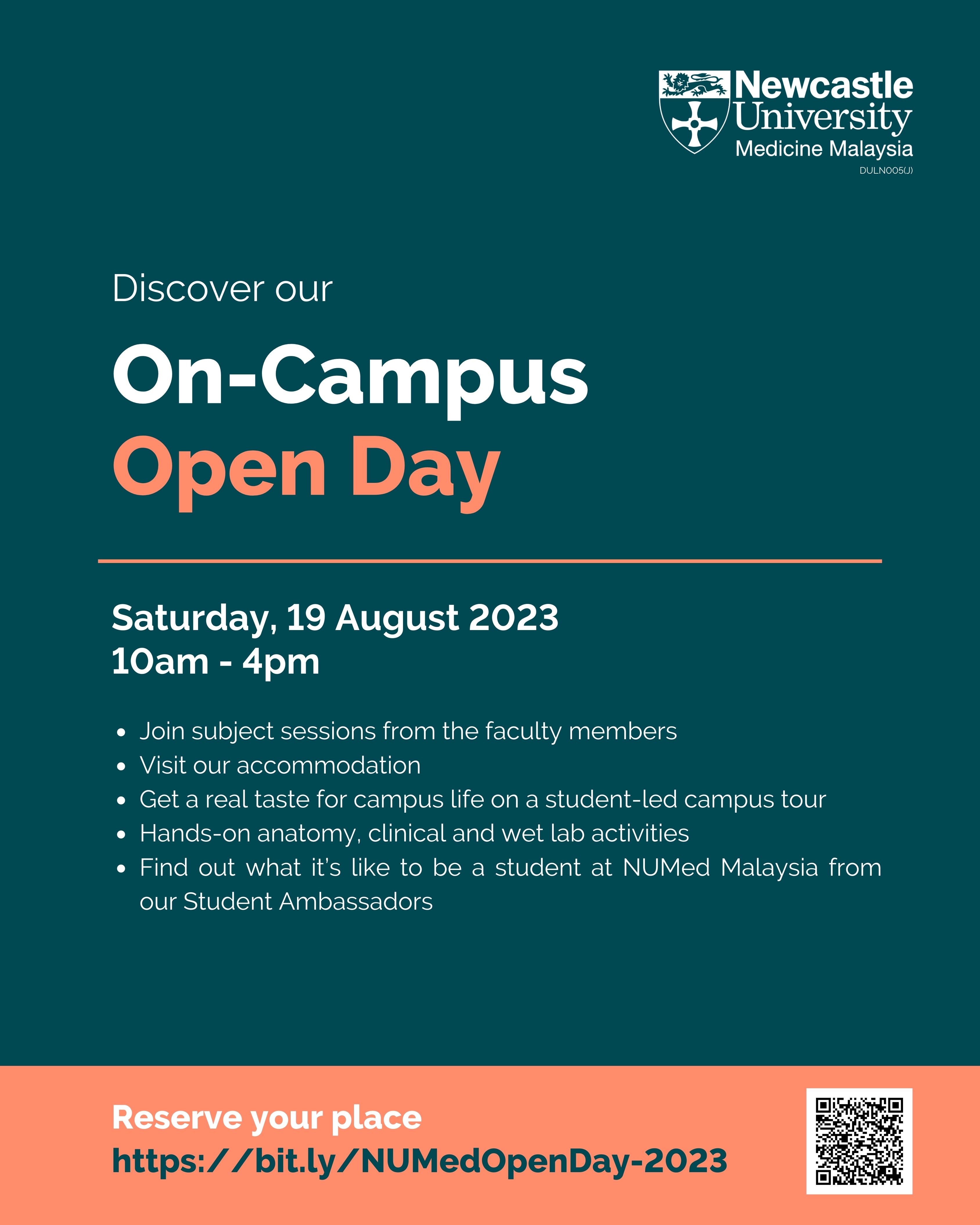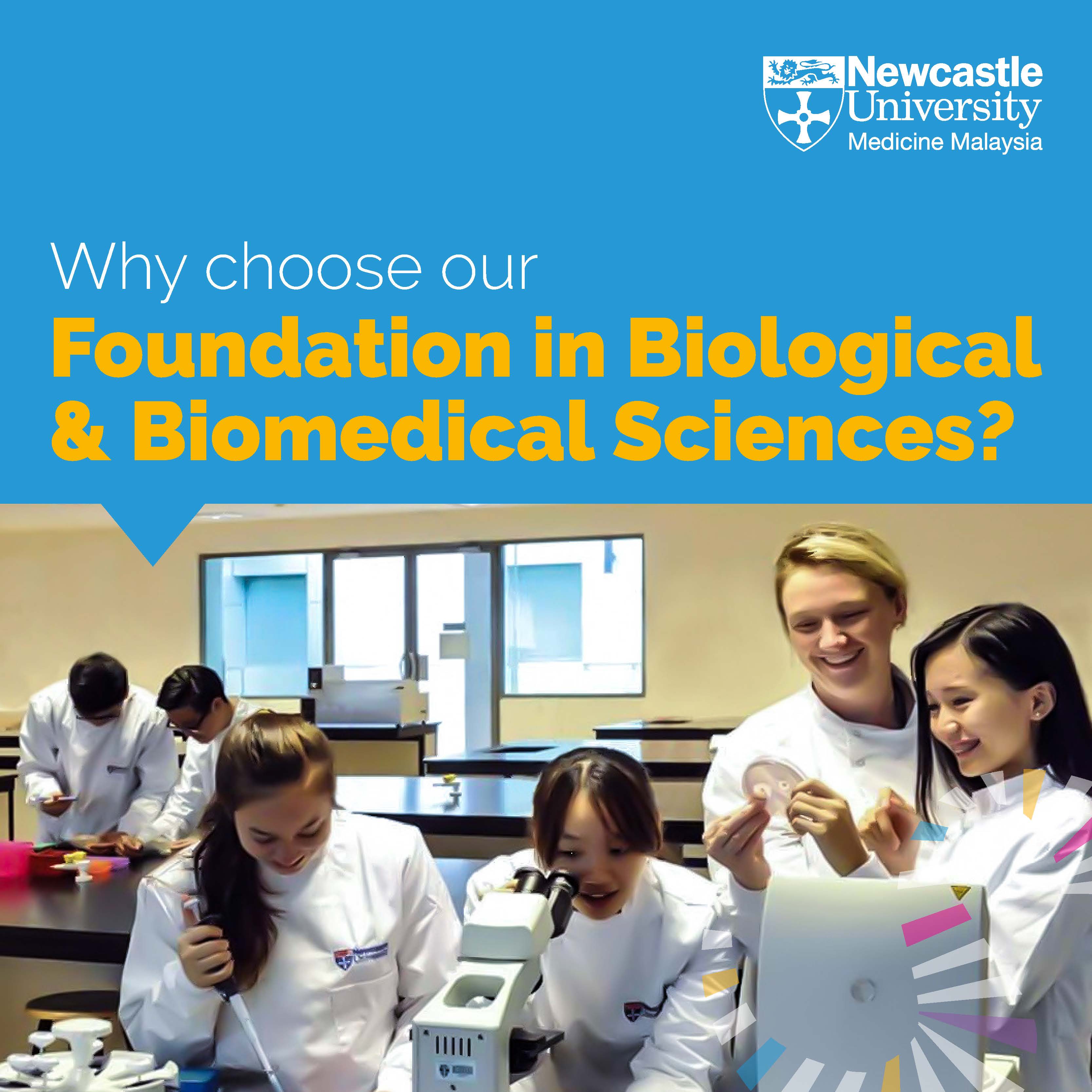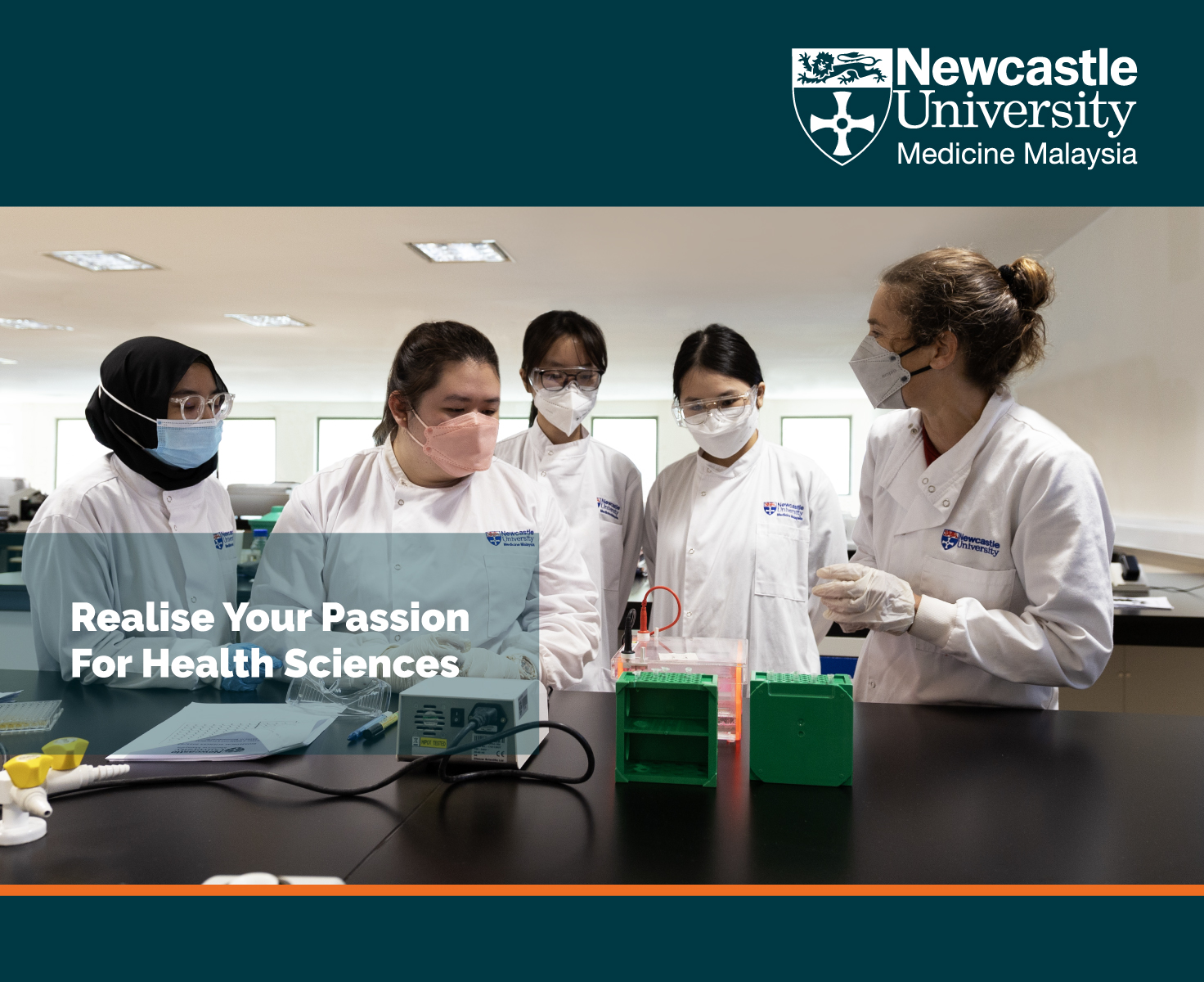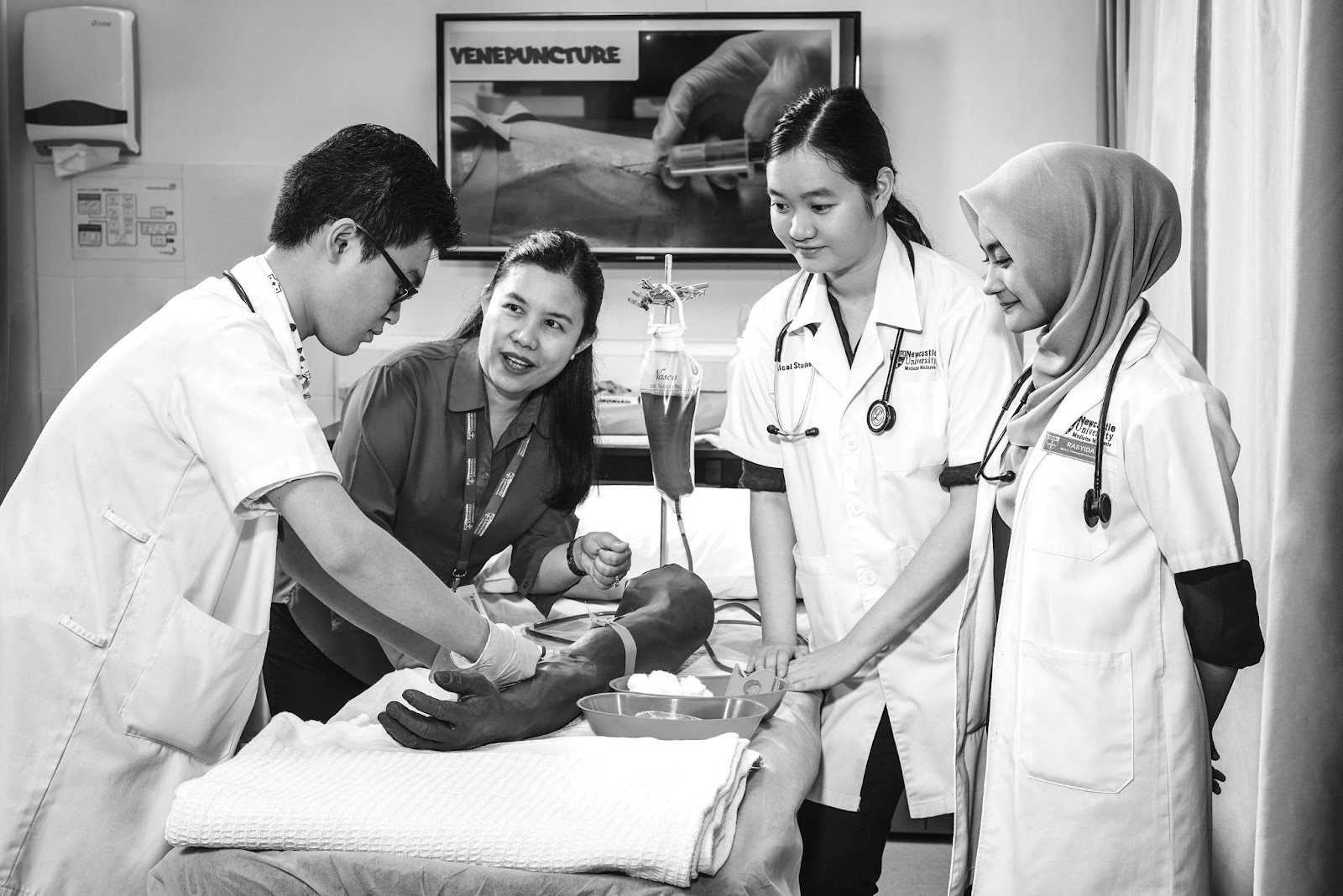POPULAR ALLIED HEALTH PROFESSIONS
Doctors are aided by a host of other professionals who play important roles in the well-being of patients. This article highlights some popular allied health professions.

Individuals who work in the allied health industry provide support services to prevent and diagnose a wide range of diseases and illnesses. Allied health staff typically work with other healthcare professionals to ensure their patients are given the best care. The most well-known allied health careers are physiotherapy and pharmacy.
Here are some other allied health professions you should know about.
Radiographer
Also known as MRI technicians, radiographers operate x-ray and ultrasound machines to find out what’s happening inside a patient’s body to determine the root of their illness. These scans and images are necessary in helping doctors come up with a diagnosis. Some of the responsibilities of a radiographer include assessing patients to work out the right radiographic technique to use, checking and maintaining the machines, produce accurate and high-quality images and support patients who are undergoing radiographic examinations. Radiographers need to have a caring personality, good interpersonal skills, communication skills and IT skills.
Emergency Medical Personnel (EMP)
When someone calls 999 for an ambulance, emergency medical personnel or paramedics are coming to the rescue. The main responsibility of EMPs is to stabilise a patient in an emergency situation on the scene or on the way to a hospital. EMPs have to work quickly to treat a range of ailments from minor to life-threatening injuries. They have to carry out procedures such as intubation and use machines such as defibrillators to treat heart failure if needed. EMPs work together with the ambulance crew to transport the patient safely to a hospital where they will brief doctors and nurses in the emergency department on the patient’s status. Being an EMP is a high-pressure job that requires the ability to work in emotionally stressful situations in order to give clear and concise instructions, and a good level of fitness.
Medical Laboratory Technician
Medical laboratory technicians conduct a variety of lab tests on medical specimens under the supervision of physicians or lab managers. These lab technicians provide chemical analyses on bodily fluids such as blood and urine using microscopes and advanced lab equipment. They look for abnormalities or diseases which will then be recorded digitally with computer software. Some of the responsibilities of a lab technician are collecting blood or tissue samples and preparing the right environment to conduct experiments. They also need to set up, calibrate, sterilise and maintain the lab equipment used. Lab technicians need good hand-eye coordination, attention to detail, technical accuracy and experience in report writing.
Sonographer
Sonographers, or ultrasound technicians, produce images of internal body organs and tissues using an ultrasound machine which emits high frequency sound waves. Ultrasounds are commonly performed on pregnant mothers but it is also used to detect signs of conditions such as heart disease and cancer.
Ultrasound technicians work directly with patients by conducting ultrasounds in dimly lit rooms or at their bedside. They have to perform safety and sanitary procedures on the ultrasound machine after each session, check the ultrasound machine for any errors and maintain a daily log of their appointments. Some of the useful skills sonographers need to have are technical skills, reporting skills, interpersonal skills and the ability to be discrete about sensitive medical information.
Allied health professionals play a significant role in healthcare and medical institutions. Although they work behind the scenes, they are responsible for aiding doctors in diagnosing problems which will help determine the most suitable treatment and recovery plan for each patient.
Advices





News from Institutions


















